How does pomegranate juice help lower blood pressure?
Three prominent antioxidants in pomegranate, pedunculagin, punicalin, and gallagic acid, may affect blood pressure through three main mechanisms:
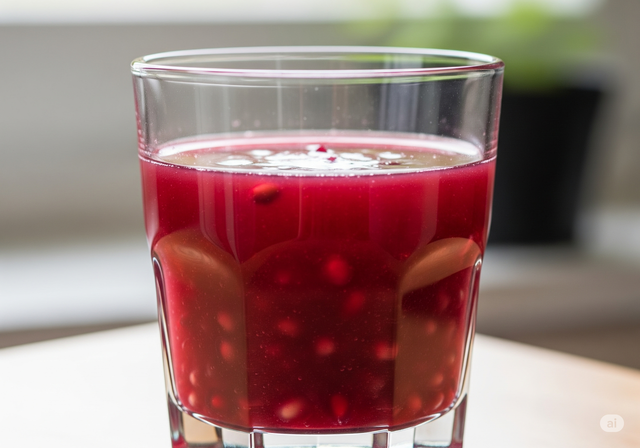
Drinking 300 ml of pomegranate juice daily helps reduce systolic blood pressure by an average of 6 mmHg.
Photo: AI
Reducing oxidative stress : Antioxidants from pomegranates can neutralize free radicals in the body, helping to improve vascular function and contributing to lower blood pressure.
Angiotensin-converting enzyme (ACE) inhibitors : The compounds in pomegranates can help blood vessels dilate by blocking ACE – the enzyme that causes blood vessels to constrict – thereby lowering blood pressure. This effect is quite similar to some blood pressure-lowering medications.
Increased nitric oxide (NO) production : Nitric oxide is a gas produced by the body that helps relax blood vessel walls. Pedunculagin in pomegranates can stimulate the release of enzymes that promote NO synthesis, thereby helping to lower blood pressure when NO levels rise.
Effectiveness depends on dosage and subject
The blood pressure-lowering effects of pomegranate juice may depend on the dose. A 2023 review of studies found that drinking 300 ml of pomegranate juice daily reduced systolic blood pressure by an average of 6 mm Hg. Drinking a larger amount reduced diastolic blood pressure by an average of 3 mm Hg.
In addition, according to a 2024 analysis, after consuming pomegranate juice, people with initial systolic blood pressure above 130 mmHg typically experienced a more significant reduction.
However, through the results of many studies, it can be seen that the effectiveness of reducing blood pressure depends on the subject, not everyone has the same effect. Some studies show that after 2 months, the blood pressure lowering effect of pomegranate juice tends to decrease. Meanwhile, a 2017 review study noted that this effect is quite stable and long-lasting.
Are there any risks?
Pomegranate juice is generally safe for most people and provides many nutrients such as vitamin C, vitamin K, folate, potassium, and magnesium.
Although pomegranate side effects are not common, some people may experience problems such as bloating, mild nausea, constipation, diarrhea (if taken in large amounts), allergies, etc.
Additionally, pomegranate juice contains quite a lot of natural sugar (about 26 grams of sugar per cup), so it may not be suitable for people who need to control their blood sugar. There are currently no records of significant drug interactions or risks for pregnant or breastfeeding women. However, people should still consult their doctor before using pomegranate as a form of medical treatment.
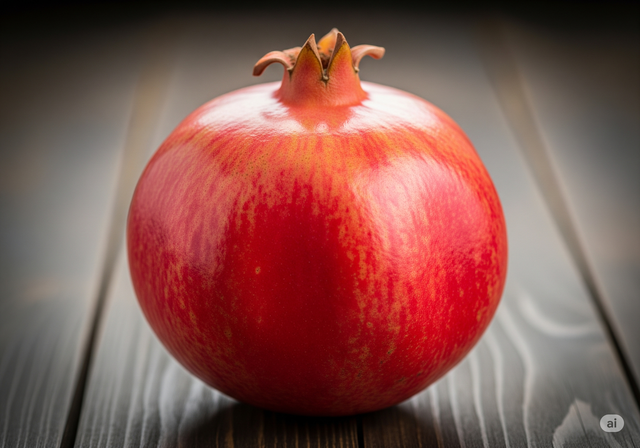
Pomegranates have long been used in traditional medicine.
AI Photo
How to make pomegranate juice at home
There are currently no official guidelines on using pomegranates to treat the disease. However, studies suggest that drinking about one cup (approximately 240-300 ml) of pomegranate juice daily may be beneficial in helping to lower blood pressure, according to Verywell Health (USA).
Here is how people can easily squeeze pomegranate juice at home:
- Cut the pomegranate in half.
- Separate the pomegranate into segments and remove the seeds.
- Put the seeds in a blender and blend gently for 5-15 seconds, just enough to release the juice without crushing them. Blending too thoroughly can make the drink cloudy and unpleasant to consume.
- Strain the liquid through a sieve, then gently press with a spoon to extract all the juice.
Once squeezed, you can drink it immediately or store it in the refrigerator. Homemade pomegranate juice should be used within 5 days.
Other health benefits of pomegranates
Pomegranates have long been used in traditional medicine. Today, many compounds in pomegranates are being studied for their potential to support the treatment and prevention of various diseases.
Good for cardiovascular health : Punicalagin in pomegranates can prevent atherosclerosis and help stabilize atherosclerotic plaques, reducing the risk of plaque rupture leading to heart attack or stroke.
Skin care : The anti-inflammatory substances in the ellagitannin group in pomegranates help wounds heal faster and slow down skin aging.
Oral health : The polyphenols in pomegranates have antibacterial properties, which can reduce plaque-causing bacteria and limit their adhesion to tooth surfaces.
Diabetes support : Ellagitannin can inhibit starch-digesting enzymes, thereby helping to reduce the increase in blood sugar after meals, while also helping to reduce cravings.
Source: https://thanhnien.vn/dieu-gi-xay-ra-voi-huyet-ap-khi-ban-uong-nuoc-ep-luu-moi-ngay-185250721211817815.htm









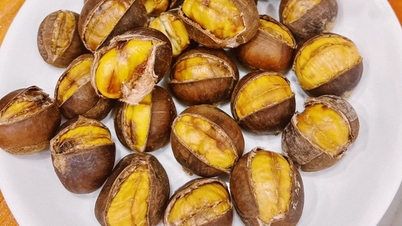



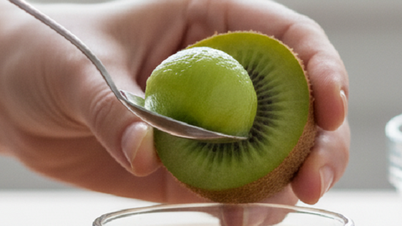







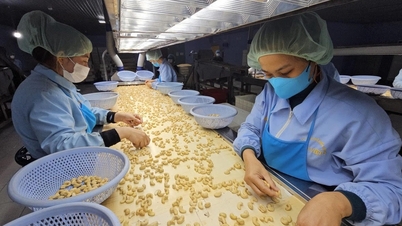






















































































Comment (0)